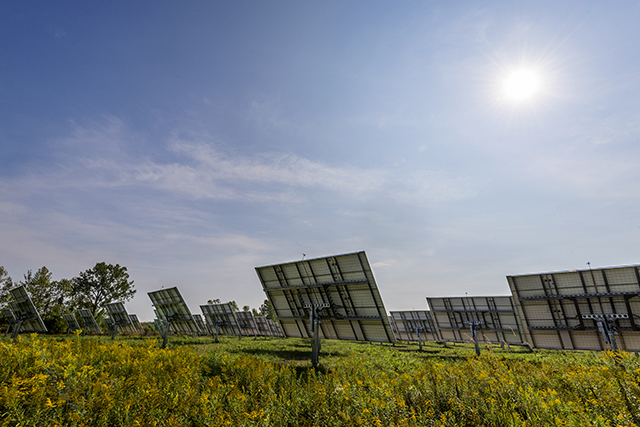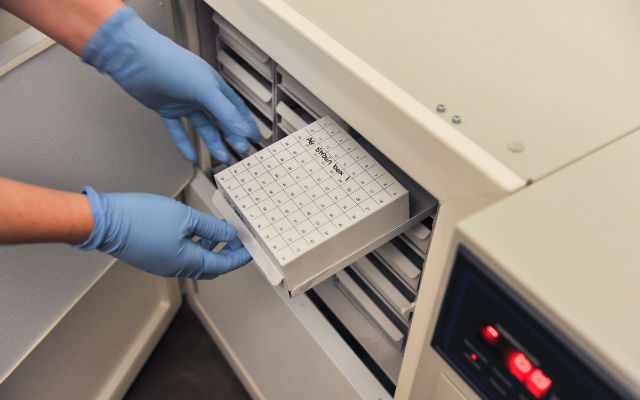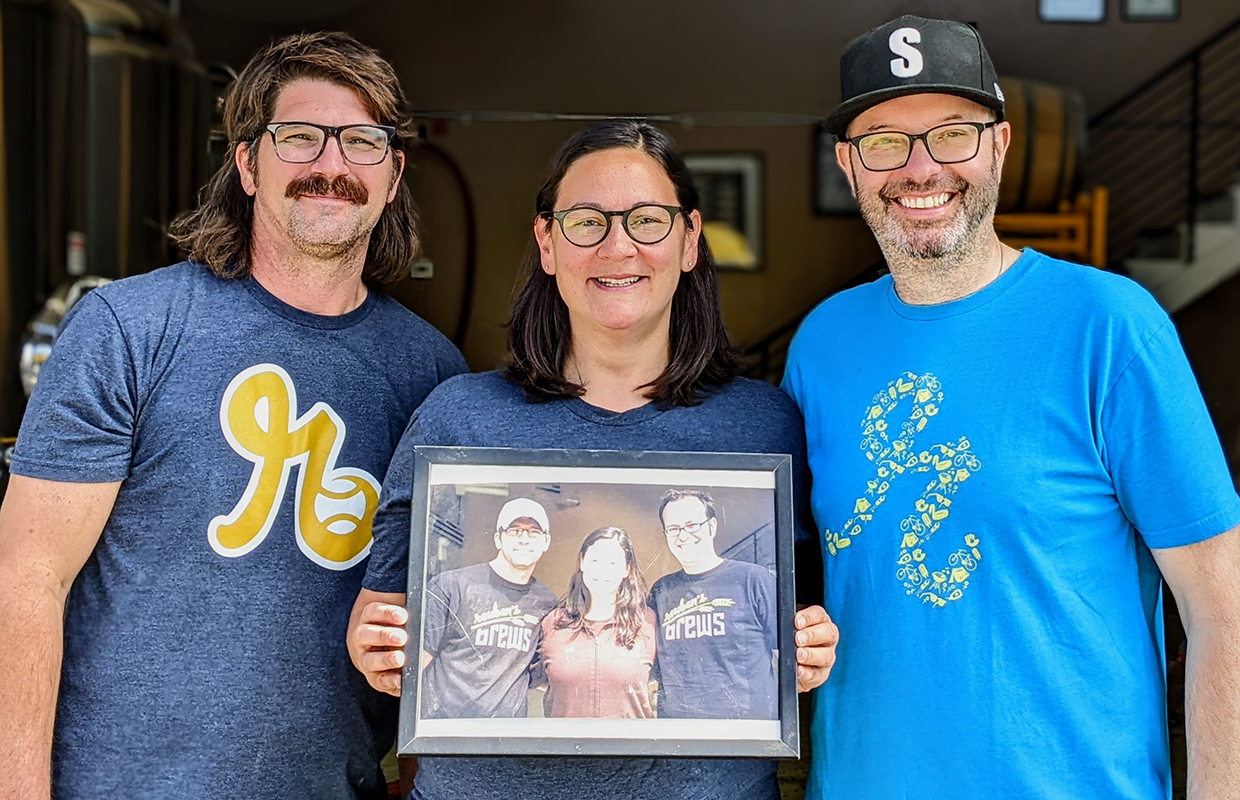
Money isn’t always the reason for switching to sustainable methods in brewing. It can be for caring about the environment, getting back to basics and off the grid or just picking up some “beer karma.”
Of course, the savings on the bottom line probably don’t look to bad either. A new year at The Alchemist means 100 percent electric solar power for the Waterbury, Vermont brewery.
Co-owner Jen Kimmich said that working with Vermont-based AllEarth Renewables and other third-parties, The Alchemist was up and running with electricity from the sun within three weeks, and now the company is off the electric grid for operating the brewhouse.
“[AllEarth Renewables] produced the solar equipment, we lease it through a third party and then a property owner leases the property,” said Kimmich. “We signed the 20-year agreement for the equipment. No money down. We might not be saving a lot of money, but we are certainly are not spending more money. It really was a no-brainer.”
Kimmich said the wake up call came in 2011 after Hurricane Irene ripped through the Northeast section of the U.S. She and fellow co-owner and husband John Kimmich believe that the severe weather patterns have come from high-impact types of industry, brewing included.
“John and I care about the environment,” she said. “Being a high-impact industry, like brewing, we have to minimize our impact as much as possible. The fact of the matter is, brewing is high impact. We use a lot of water, we use a good bit of energy and we have a good deal of high strength effluent that we produce so I think brewers, and all industry, but brewers especially have a responsibility to minimize their impact as much as possible. That’s important to us.”
Vermont’s Green Mountain Power company allows net metering and the town the brewery is located allows unlimited net metering, which is not always the case throughout the U.S. The Alchemist also promotes other sustainable acts such as side streaming while transferring beer from fermentors to conditioning tanks. The new brewery in Stowe, Vermont will also have a state-of-the-art bio-film reactor which will lessen its impact on the local environment.
“The waste waters that goes down our drains will only be the equivalent of three households,” Kimmich said.
Breweries in many states that want to switch to solar power have had to go to their local, regional and state politicians to open up these avenues, sometimes with little success. “We are fortunate to be in Vermont where there are a lot of like-minded, progressive owners,” Jen Kimmich said.
“It’s not just because we want to help save the planet. It’s a good business decision,” she added. “The long-term sustainability of our business really depends on us protecting our environment as best as we can in terms of water use, waste-water management practices and solar was an easy decision for us.”
Solar power is one thing. Going completely “off-the-grid” is another. A brewery with the name Hillbilly Wizard is planning to open in Washington’s Cascade Valley in 2016 with such a goal. Its owner, who asked to remain anonymous, said he plans to use a gravity-fed system that is solar operated with artisan water heated by the sun and a propane direct-fire boost if needed along with open fermentors.
The idea is that the brewery will run along side a small working farm. “I’ve been in the industry for a number of years and I haven’t really thought about starting a brewery over the years,” he said “It’s never really spoken to me until now.”
Running the numbers, the owner feels that the situation will be cost effective enough for him to farm because of the brewery. He will also be able to use locally-sourced ingredients.
After working for mid-sized breweries, he cited that he was done with “beer factories,” and wanted to branch out on his own. “I really want the brewery to be an ingredient in the beer,” he said. “I felt I had to go for this. I’m done being an employee. The beer is alive and an entity of its own. There is going to be a lot that is different.”




Be the first to comment